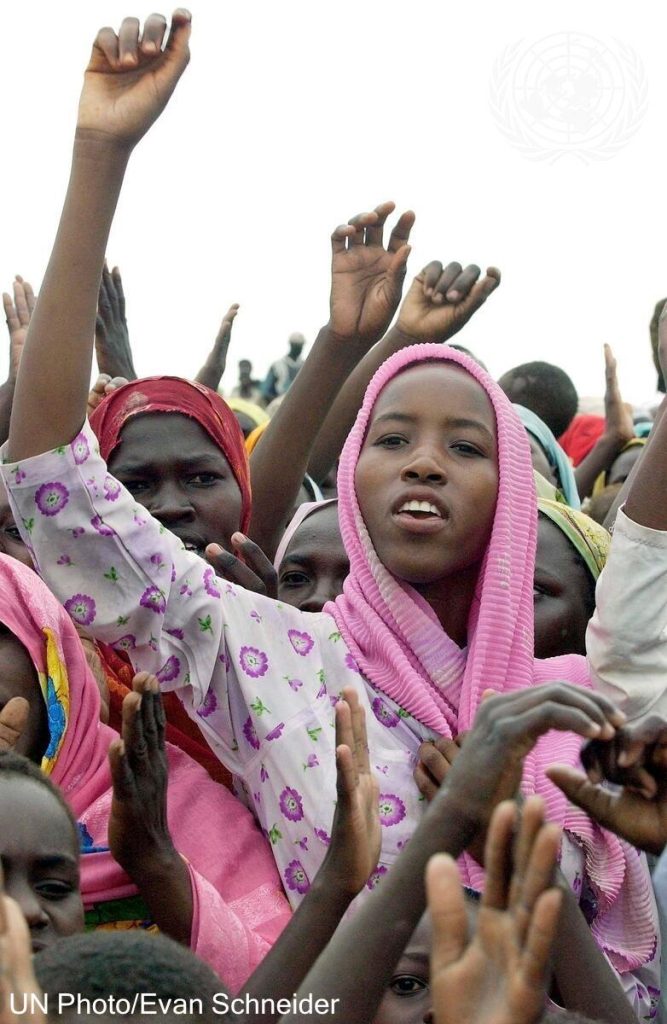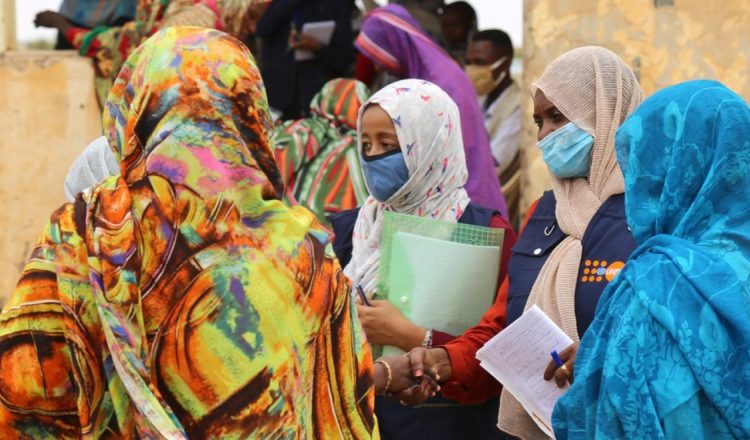In a bid to address the alarming epidemic of sexual violence in Sudan, the United Nations is amplifying efforts to protect women and girls caught in the country’s devastating conflict. UN humanitarian chief Tom Fletcher, during his visit to Port Sudan, called for urgent global action and renewed commitment to safeguarding the most vulnerable, expressing solidarity with survivors and a resolve to bring perpetrators to justice.
“I feel ashamed that we have not been able to protect you, and I feel ashamed for my fellow men for what they have done,” Fletcher said during his visit, underscoring the UN’s growing frustration over the lack of accountability for the horrifying crimes unfolding in the war-torn country.

Since April 2023, Sudan has been gripped by a deadly conflict between the army and the paramilitary Rapid Support Forces (RSF). The violence has claimed tens of thousands of lives, displaced over 11 million people, and left nearly 26 million at risk of starvation. As the UN scrambles to address what it describes as the “worst humanitarian crisis in recent memory,” the scale of sexual violence targeting women and girls has emerged as a particularly harrowing aspect of the conflict.
A Devastating Hallmark of War
The UN’s fact-finding mission in Sudan has documented widespread sexual violence, including rape, sexual exploitation, enforced marriages, and human trafficking. Survivors recount horrifying tales of being used as tools of war, with some reporting gang rape and others forced into slavery-like conditions.
“The sheer scale of sexual violence we have documented in Sudan is staggering,” said Mohamed Chande Othman, chair of the UN fact-finding mission. “The situation faced by vulnerable civilians, particularly women and girls of all ages, is deeply alarming and needs urgent address.”
Reports indicate that perpetrators of sexual violence include both RSF fighters and other armed groups, operating with impunity in areas where law and order have entirely collapsed.
Port Sudan: A New Epicenter of Hope and Bureaucratic Stalemate
As Port Sudan assumes the role of de facto capital, it has become a focal point for international humanitarian efforts. During his visit, Fletcher met with army chief Abdel Fattah al-Burhan to negotiate ways to expedite aid delivery in a country beset by bureaucratic obstacles and logistical challenges.
Despite these discussions, the situation on the ground remains dire. Fletcher, speaking at an event commemorating the International Day for the Elimination of Violence Against Women, urged the global community to step up efforts to protect Sudanese women and girls from further atrocities.
“The humanitarian crisis in Sudan is not just a failure of the state but of the international community,” Fletcher said. “We must act now to prevent further suffering and ensure accountability for these crimes.”
Don’t miss:
Sex, Power, and Cameras: When Public Office Gets Too Personal
“Do You Know Who I Am?” – The Art of Nigerian ‘Bigmanism’ and its Everyday Performers
The Nigerian Japa Syndrome: Myths and Truths (I)
The Things-Fall-Apart-Okonkwo Debate: Can Idris Elba Roll Fufu?
Activists and humanitarian organizations have joined the UN in calling for stronger measures to hold perpetrators accountable and to provide immediate assistance to survivors. Many warn that without swift and decisive action, the culture of impunity surrounding sexual violence in Sudan will only worsen.
Aid workers have reported that survivors of sexual violence face additional barriers, including stigma, lack of medical care, and the collapse of judicial systems, leaving them with little recourse for justice.
The UN has called on member states to bolster support for humanitarian aid in Sudan and to impose sanctions on individuals and groups responsible for crimes against humanity.
The World Watches
As Sudan’s crisis deepens, the international community faces mounting pressure to intervene. The question remains: how long can the world turn a blind eye to the suffering of millions caught in the crossfire?
For the women of Sudan, the urgency is not merely rhetorical—it is a matter of survival.





